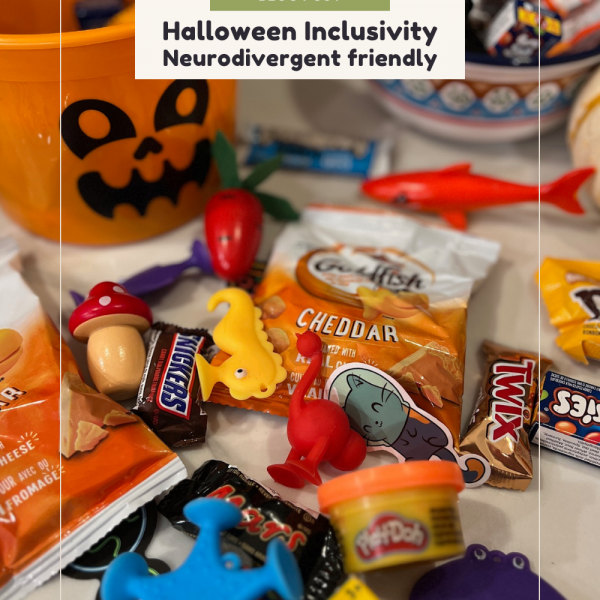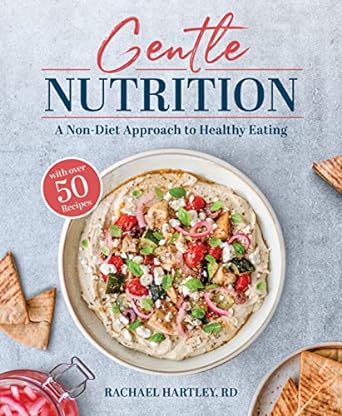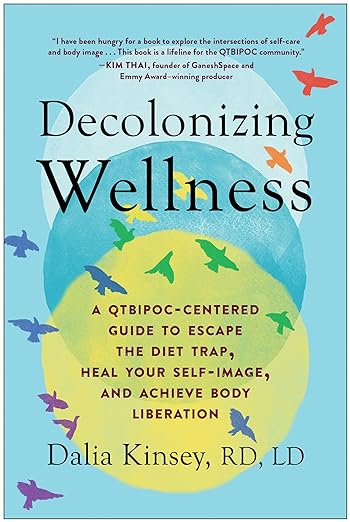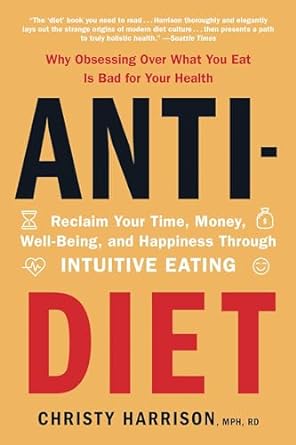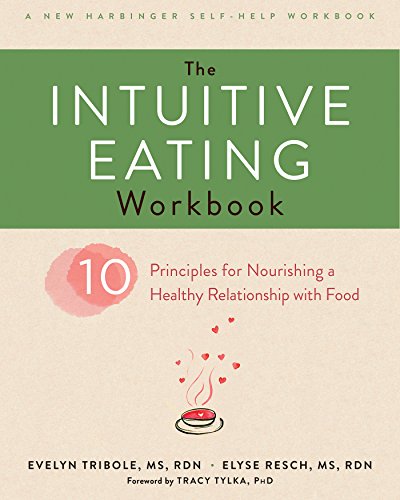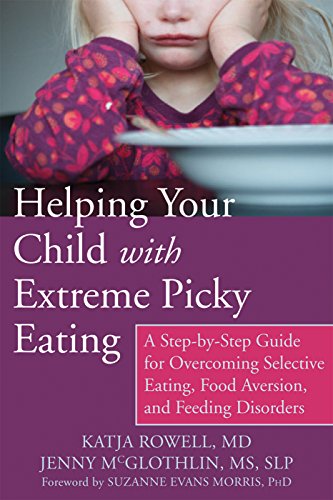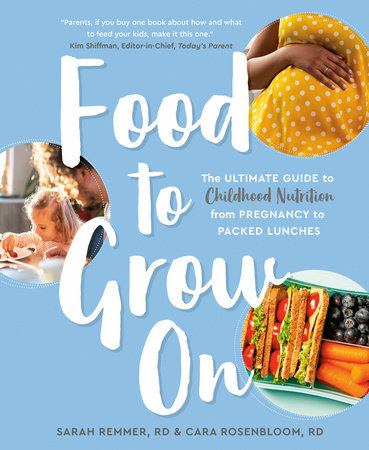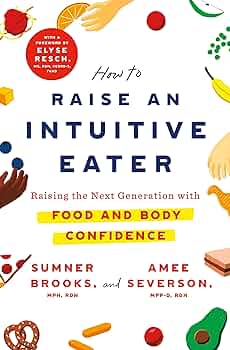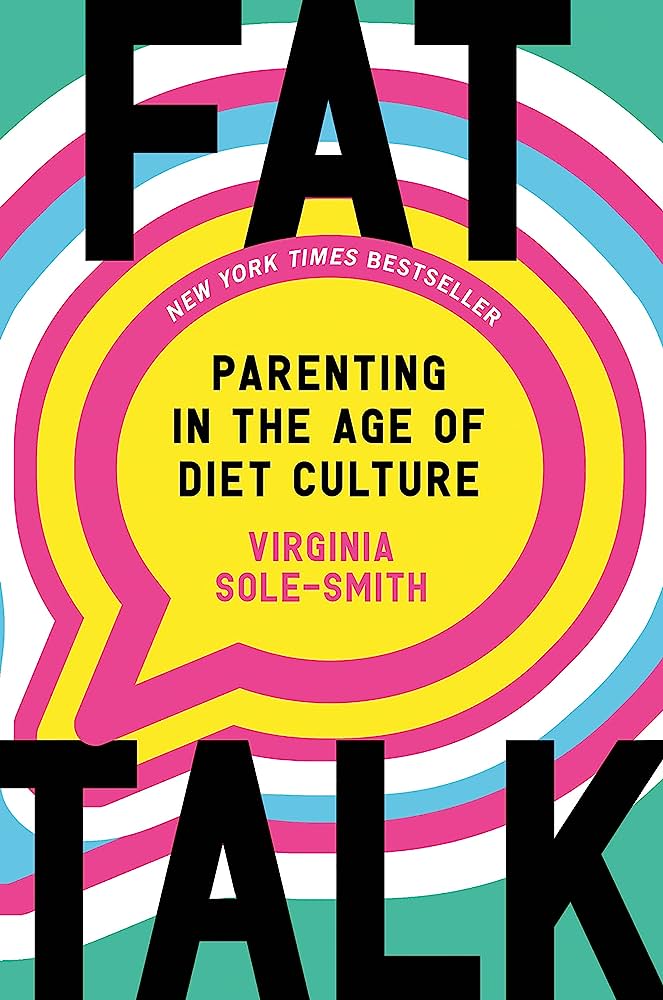The Gist
- Food neutrality removes judgement on all foods and on ourselves for eating those foods.
- Avoid using food as a bribe, reward or punishment.
- Model healthy eating behaviours, enjoyment of food, and body neutrality.
- Focus on health behaviours and not weight.
- Avoid terms that categorize food as good or bad.
Imagine having your child be equally excited about broccoli, candy, and rice. This is the goal of food neutrality, which helps your child develop a healthy relationship with food.
Food neutrality is about removing judgement on all foods and on ourselves for eating those foods.
With diet culture telling us to avoid “junk” foods and only reserving them for “cheat days,” it can make us start to believe that some foods are inherently “bad” for us.
However, despite what diet-culture and wellness culture preach, food isn’t just about nutrients and calories. Food serves many purposes.
For example, imagine a time when you were younger eating ice cream and watermelons at a park on a hot, sunny day.

We weren’t concerned with the nutritional values of that one scoop of ice cream or the bowl of watermelons. We enjoyed the food for how it cooled us down, brought pleasure to our day, and created memories with our friends and family.
Our eating behaviours are learned at an early age and maintained during our lifetime. So, as parents, our own feeding practices can be used to influence our children’s and prevent them from having poor eating behaviours as well as help them build a good relationship with food.
Here are 5 ways to help your child develop a healthy relationship with food:
1. Avoid using food as a bribe, reward, or punishment.
It can be tempting to use food to control our kid’s behaviour. However, studies have shown that the use of foods as a reward is linked to a high intake of food during periods of negative emotion. It teaches our kids to use food as a primary coping mechanism.
Using foods as a bride or reward can create a sense of novelty around these foods which can make kids want these foods over other foods. On the other hand, using foods as punishment will associate negative feelings around the food which can make them resistant to eating those foods in a normal setting.
2. Model healthy eating behaviours, enjoyment of foods, and body neutrality.
Kids are very observant and pick up on our eating behaviours. It’s important to have family mealtimes not only to have more interaction with our kids but also to share our values with food and eating. They can also mirror how we feel and treat our bodies.
Body neutrality is about accepting our body just as it is and recognizing our bodies for their characteristics beyond appearance. We can start to practice body neutrality by using neutral languages about our bodies. If this idea is new to you it may take some time to adjust and that’s okay. Whenever a negative thought arises about our body part, consider how that body part serves us every day. We can also give compliments on characteristics and abilities about the child instead of their appearance. For example, instead of saying, “You look cute today,” we can say, “Great job picking out the outfit yourself!” This way, we focus on their action instead of something that is outside of their control.
We can also be neutral about our body parts by referring to body parts as their proper terminology. This allows kids to talk about their anatomy in a neutral light and avoid nicknaming some parts as something humorous, shameful, or negative. Over time, they become accustomed to neutral languages and are able to talk about all body parts respectfully.
Check out this Instagram Reel about common diet-culture comments you might hear during the holidays:
3. Introduce new foods and introduce them often.
Children need to be exposed to new foods often before they “trust” the food and it takes even more time for them to actually enjoy these foods. Family meals are a good time to introduce new foods because you can show kids that you enjoy eating these foods and they are more likely to be comfortable with trying new things.
Did you know that you can expand food choices through food skills? Check out this article by our Spuds dietitians to learn how you can help your child expand their food choices!
4. Focus on health behaviours and not on weight.
It’s natural for parents to worry about their kids. This might sometimes translate to being excessively controlling of our toddler’s eating habits when we see a change in their weight. However, studies show that this excessive control may unintentionally teach children to eat more palatable foods to manage negative emotions.
On top of this, comments about our kid’s weight can affect them over the long run. Children that face weight-based teasing are more likely to struggle with binge eating, unhealthy weight control, eating to cope, poor body image, and dieting in adulthood.
Our kid’s weight will fluctuate and change over the years. So, we can shift our attention to promoting health behaviours like having a good relationship with food and being physically active. Along with this, we can teach our kids about resiliency skills to help them have a good relationship with their bodies.
5. Avoid terms that categorize foods as good or bad.
We want to avoid moralizing food because it can lead to us moralizing ourselves when we eat those foods.
No food is inherently bad or good. All foods have nutrients and they differ in nutritional content. So, we want to move away from calling foods good or bad.
We want to talk about all foods positively with the same energy. This way, we are recognizing that all foods are okay to eat and reject the idea of foods being “junk” or “superfoods.”
Words to describe food using food neutral language
At Little Spuds Nutrition, we believe that food skills and nutrition literacy goes beyond adequate nutrition. They are also important for the development of fine motor skills, improved emotional and appetite regulation, and reduced stress with feeding and eating.
Want to learn more about how to help your child develop a healthy relationship with food?
Disclaimer
Information provided by our dietitians is for general education and is not medical advice.

